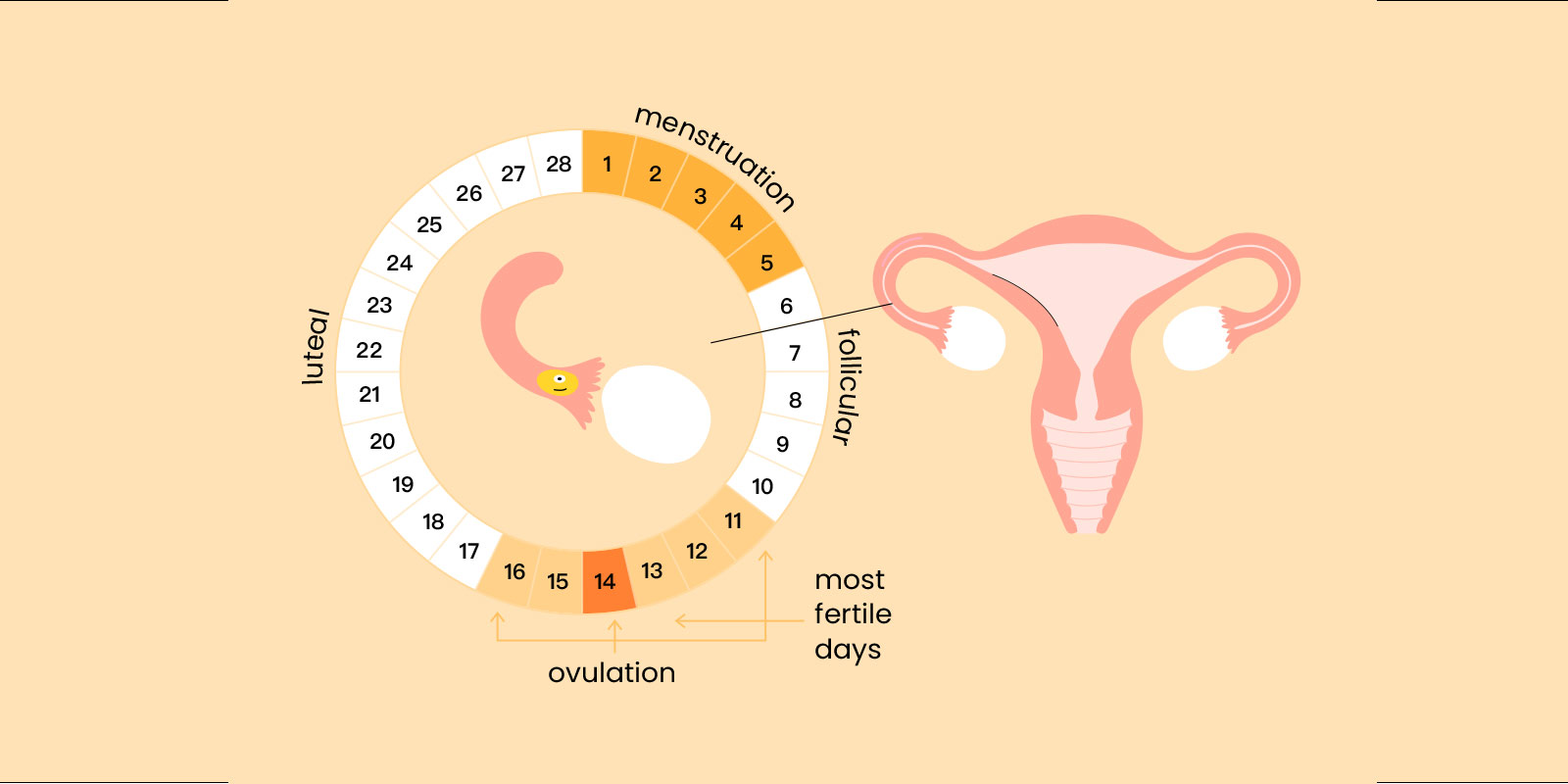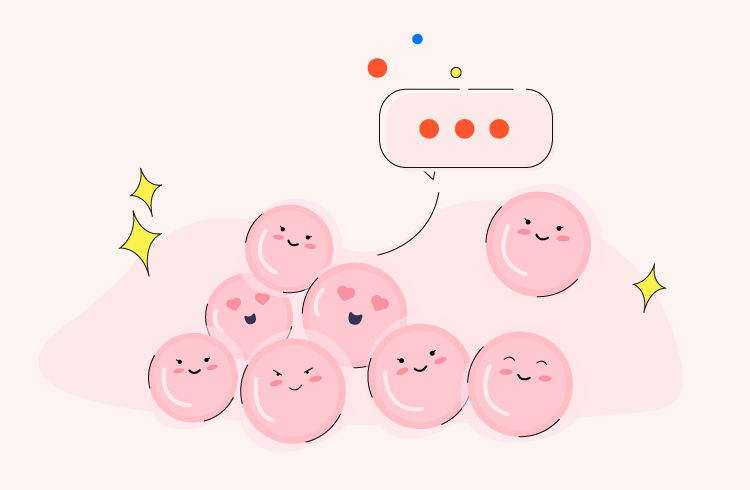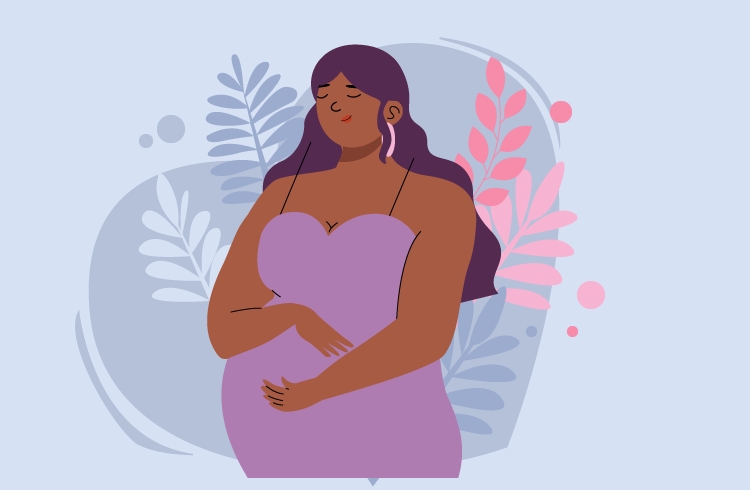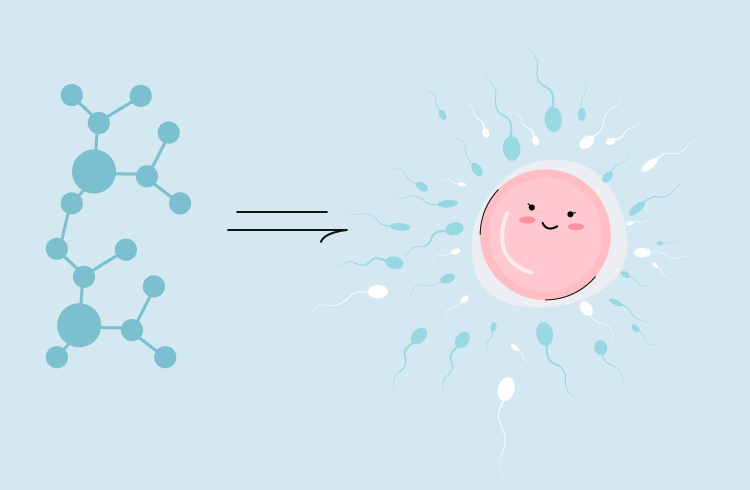Quick Facts
- The follicular phase occurs when your body grows follicles.
- A follicle is a small, fluid-filled sac in the ovary that contains one immature egg.
- Ovulation occurs due to hormones that encourage the body to release a mature egg.
- The luteal phase starts after ovulation until your next period. Your body prepares for pregnancy during the luteal phase.
- You can get a period caused by a dip in the hormones if the egg doesn't fertilize.
- Menstruation is a natural process that every woman experiences during her reproductive years.
- However, many women may not fully understand the menstrual cycle and its phases, which can affect their physical and emotional well-being.
The menstrual cycle is a complex and intricate process that occurs over the course of several weeks. It is controlled by a delicate balance of hormones, which work together to prepare the body for pregnancy. The menstrual cycle is divided into several different phases, each with its own unique characteristics and hormonal changes. In this blog, we will explain the four phases of the menstrual cycle and provide tips on how women can optimize their health during each phase.

Menstrual Phase (Day 1-5)
The menstrual phase marks the beginning of the menstrual cycle and is characterized by the shedding of the uterine lining. This is accompanied by bleeding, which typically lasts for about three to five days. Hormone levels, particularly estrogen and progesterone, are at their lowest during this phase. Many women may experience symptoms such as cramps, fatigue, and mood swings during menstruation. It is important to maintain proper hygiene and use appropriate sanitary products during this time.
- Average length: 3-7 Days.
- Reason: Uterus contracts to expel the lining.
- Symptoms: Cramps, back pain, bloating, tiredness, tender breasts, mood swings.
- Remedies Include: heat therapy, taking pain relievers, and practicing self-care.
Follicular Phase (Day 1-14)
The follicular phase begins on the first day of menstruation and lasts until ovulation. Hormone levels begin to rise, and the follicles in the ovaries begin to mature. This phase can last anywhere from 10 to 16 days. During this phase, the pituitary gland releases follicle-stimulating hormone (FSH), which stimulates the ovaries to produce follicles. One of these follicles will eventually mature and release an egg. The maturing follicles also produce estrogen, which helps thicken the uterine lining. As the follicular phase progresses, estrogen levels gradually rise, leading to the development of the dominant follicle.
- Average length: 11-27 days.
- Reason: Estrogen rises as an egg prepares to be released.
- Symptoms: Increase in happiness and energy.
- Hormonal changes and their effects on the body: Increasing estrogen levels and stimulating egg maturation.
- Tips: eating nutrient-rich foods, exercising regularly, and reducing stress.
Ovulation Phase (Day 14)
Ovulation is a crucial phase of the menstrual cycle when a mature egg is released from the ovary. It usually occurs around day 14 in a 28-day cycle, but can vary depending on the individual. During ovulation, hormone levels reach their peak and the egg is released from the ovary. If fertilization occurs, the egg will implant into the uterus and pregnancy will begin. If fertilization does not occur, the egg will be absorbed by the body and the menstrual cycle will continue. Rising estrogen levels trigger a surge in luteinizing hormone (LH), which stimulates the release of the egg. Ovulation is the most fertile phase, and conception is most likely to occur if sexual intercourse takes place in the days leading up to and after ovulation. Some women may experience mild pelvic pain or changes in vaginal discharge during ovulation.
- Average length: 24 hours.
- Reason: Ovary releases a mature egg.
- Symptoms: Rise in basal body temperature, thicker discharge.
- Tips for enhancing fertility: Tracking ovulation, having sex regularly, and avoiding harmful substances.
Suggested products: Femometer Ovulation Tracking Kit for predicting your LH surge and nailing the perfect time for intercourse!)
Related reading: LH and Fertility: What You Need to Know
Luteal Phase (Day 15-28)
The luteal phase follows ovulation and lasts until the start of the next menstrual cycle. After the egg is released, the ruptured follicle transforms into the corpus luteum, which produces progesterone. During this phase, the body prepares for pregnancy by producing more progesterone, which thickens the uterine lining and prepares it for implantation. If fertilization does not occur, hormone levels decline towards the end of the luteal phase, leading to the shedding of the uterine lining and the start of a new menstrual cycle. This phase typically lasts for approximately 14 days, but can vary from person to person.
- Average length: 12-14 days
- Reason: Body prepares for possible pregnancy.
- Symptoms: Mood swings, headaches, breast pain, food cravings.
- Hormonal changes: Increasing progesterone levels and preparing the uterus for possible pregnancy.
- Tips for Easing premenstrual symptoms: practicing relaxation techniques, getting enough sleep, and avoiding caffeine and alcohol.
Understanding your period phases is important for women because it can help with tracking your menstrual cycle and identifying any irregularities or changes in your body. Knowing the different phases of the menstrual cycle can also help women predict when they are most likely to ovulate, which is useful for women who are trying to conceive or for those who want to avoid pregnancy.
By recognizing the changes that occur during each phase, individuals can track their menstrual cycles, identify irregularities, and monitor fertility. (Download Femometer App to track your menstrual cycle.) It is important to remember that every woman's menstrual cycle may differ in terms of length, symptoms, and regularity. More knowledge of your period phases can help you prepare for and manage any symptoms or discomfort that you may experience during each phase. Knowledge about your menstrual cycle can help you make informed decisions about your healthcare and overall well-being. Consulting with a healthcare professional can provide further insights and guidance tailored to individual needs. Embracing this knowledge allows women to take charge of their reproductive well-being and make informed decisions about their overall health and fertility.
This article is the original creation of Femometer. All rights reserved by Femometer Inc. To reproduce, distribute, or reference the content, please reach out to us in advance to prevent any potential legal issues. Copyright © Femometer Inc.











